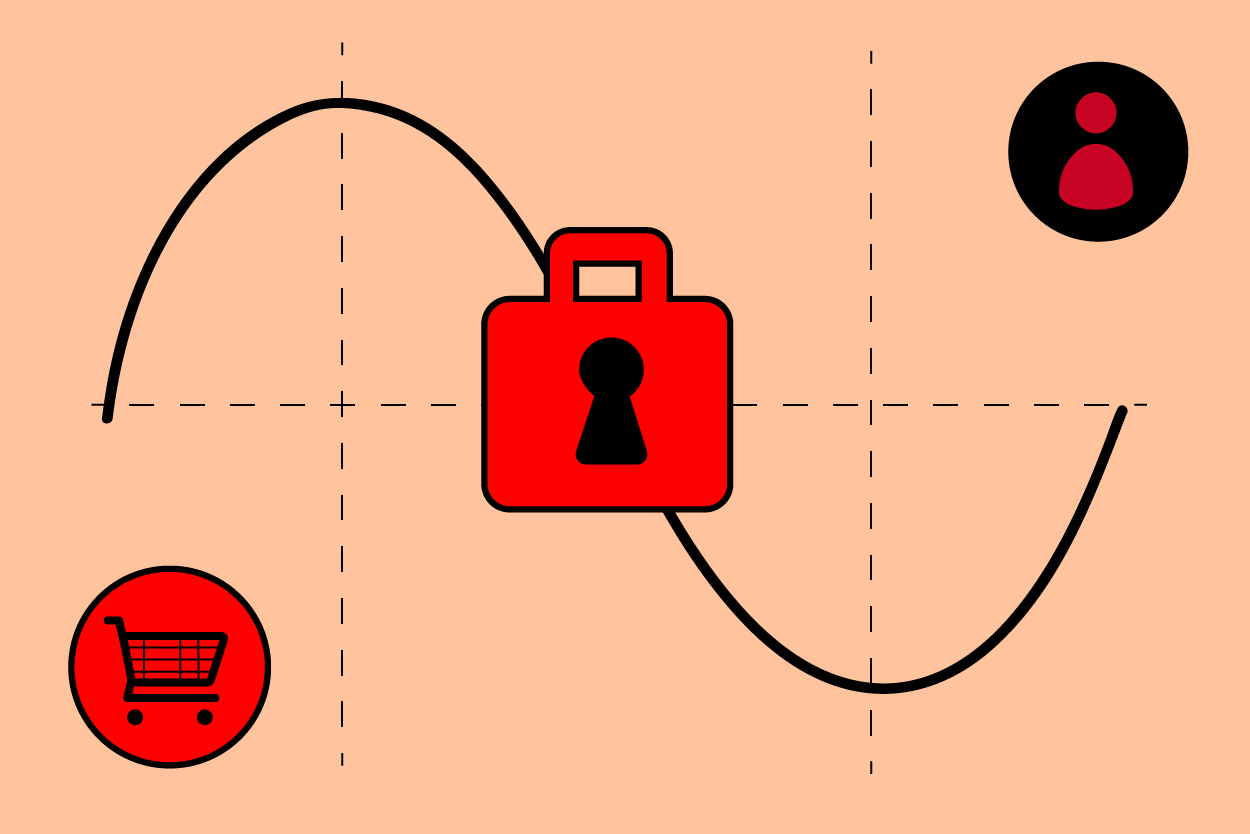What Happens When You Take Writing Away From Writers?
A newspaper editor removed writing from reporters' jobs. The backlash reveals a deeper question about AI in knowledge work.
What makes this ruling such a pivotal moment in digital privacy, and what does it mean for you?

The Supreme Court has recently made a landmark ruling that significantly limits the powers of police to access social media data without a warrant. This decision is a monumental step forward in the ongoing battle to protect our privacy rights in the digital age. But what makes this ruling such a pivotal moment in digital privacy, and what does it mean for you?
The case revolved around whether law enforcement agencies should be able to access social media companies' data without obtaining a warrant first. Fortunately, the Supreme Court has now made it clear that individuals have a reasonable expectation of privacy regarding their digital footprint. This means your online interactions are safeguarded under the Fourth Amendment, which protects against unreasonable searches and seizures.

The Supreme Court's decision highlights the importance of privacy rights in the digital age. It affirms that individuals have a reasonable expectation of privacy in their data. The ruling also emphasizes the need to protect personal information online, paving the way for more potential lines to be drawn in the sand surrounding a person’s or company’s online presence.
This ruling is not just a legal technicality; it’s a significant win for privacy advocates and civil liberties groups that have long voiced concerns about government overreach. By emphasizing the importance of requiring a warrant, the decision ensures that checks and balances are in place to protect citizens from undue surveillance.
But what does this mean for everyone else? Well, for starters, it sets a precedent that will influence law enforcement practices across states like Florida, Texas, and beyond. The ruling sends a very clear message: digital privacy is no longer just an abstract concept. It’s a fundamental right that deserves robust protection, just like any other.

So what’s next? It’s a lot of the same-old, same-old, truth be told. Be mindful of the data you share online, and acknowledge that the law is evolving to keep pace with technological advancements (that’s a good thing!). This ruling should also remind you that your voice matters—advocating for your rights can and does lead to meaningful change.
We recommend that users of Social Chime and social media in general continue to stay informed, stay protected, and, most importantly, stay engaged with the ongoing discussions about digital privacy. After all, your data is a part of your identity and deserves to be treated with the utmost respect and care. And as always, you can rely on us to bring you the most cursory summaries of important social media and marketing-related news like this!